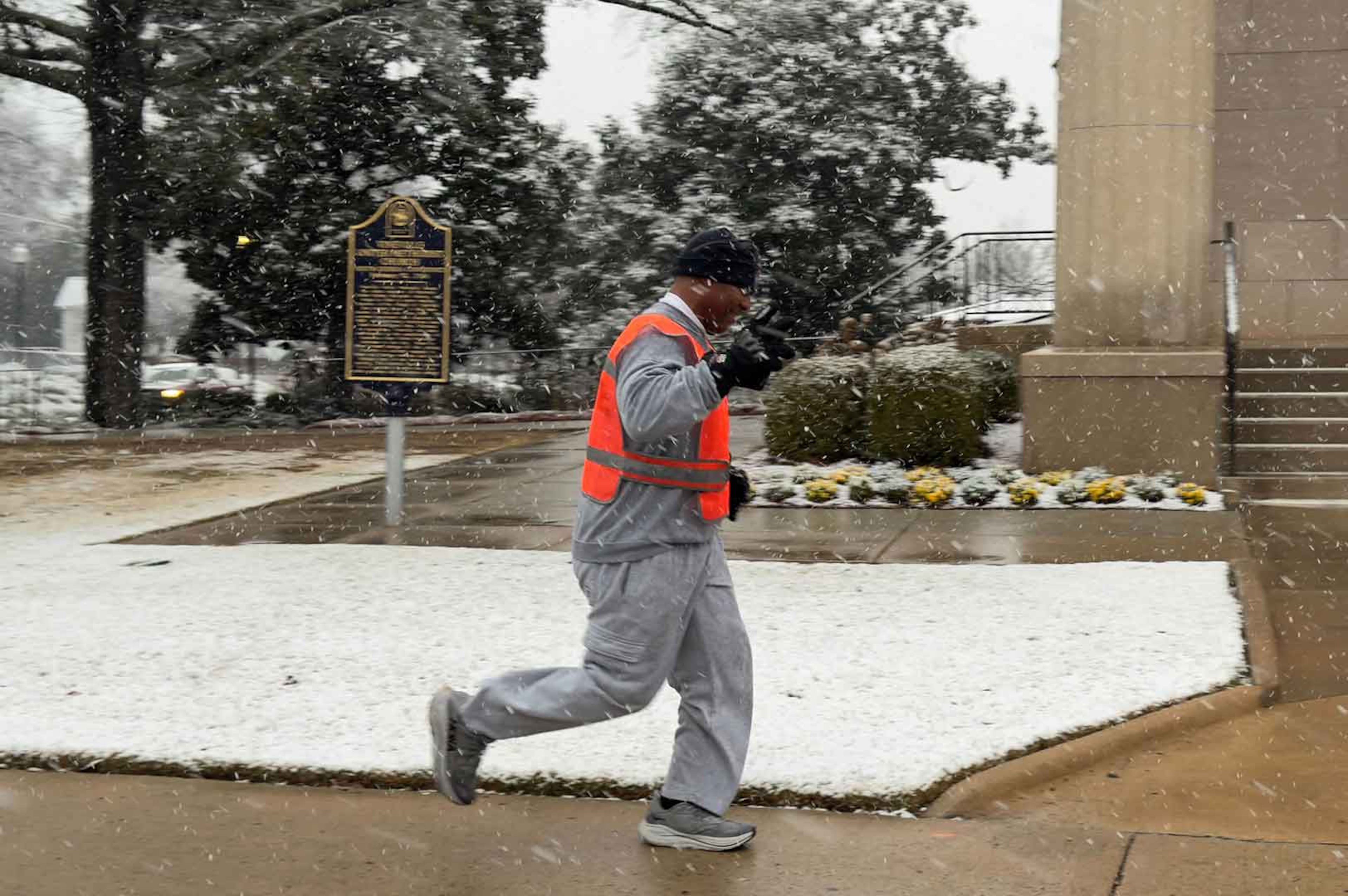Atlanta mayor’s safety plan promotes community policing programs

Atlanta Mayor Keisha Lance Bottoms recently unveiled a plan to illustrate what’s being done to address rising violent crime numbers in Atlanta.
The mayor’s office on Tuesday afternoon released a plan called “One Atlanta: Community Policing Roadmap,” which is designed to strengthen the police force and improve training and morale.
In a statement, Bottoms said establishing relationships between officers and community members is “a key factor” in building trust.
“It is important to acknowledge that the vast majority of our officers show up each and every day with the same desire as that of our residents — safe interactions with law enforcement officers that secure our streets and ensure Atlanta remains a world-class city,” Bottoms said in a statement.
The administration’s response to crime is a central issue in this year’s mayoral election. Bottoms is running for a second term, and so far her challengers include Council President Felicia Moore and attorney Sharon Gay, a deputy chief of staff to former mayor Bill Campbell.
Bottoms wants to provide monthly stipends to police who live in the city by January 2022. She also listed plans to support police next year with more stress management training and a telehealth platform that provides on-demand emotional and psychological support.
Next year, the mayor wants to establish a mobile tour for residents to participate in a virtual simulation of police officers’ daily experiences. She also wants to find another location for a Police Athletic League program offering summer camps to children, ages 8-18, by July 2022.
Between 2022 and 2023, Bottoms wants to expand the high school cadet program that creates a pipeline for police recruitment. She also reiterated plans to create a new police training academy, to expand the city’s camera network, and to improve body-worn camera technology.
Council President Moore said in a statement to The Atlanta Journal-Constitution that the mayor’s plan isn’t new, and that it outlines items “stated previously or already underway.”
“The City doesn’t need another plan. We need execution, action, and results. That’s one reason I am running for Mayor, I want to get it done,” Moore said in a statement.
Gay’s campaign did not immediately respond to requests for comment on Wednesday.
The plan received support from Dave Wilkinson of the Atlanta Police Foundation. He stated in a letter within the plan that the foundation is committed to working on the programs “for years to come.”
This month, Bottoms plans to unveil a dashboard to show data on arrests and the type of force used in police interactions, among other details.
In June, the administration also plans to unveil a tool for the public to submit video footage of police incidents for disciplinary review. Also this summer, the city is planning a virtual academy to help residents understand how police operate.
The city wants to open a third new community center by year’s end — in southwest Atlanta, at the existing Andrew & Walter Young Family YMCA, according to the plan.
Before Bottoms released her crime plan, Atlanta City Councilman Antonio Brown told the AJC he’s considering a run for mayor because the city’s policies on crime are reactionary instead of proactive.
Merely hiring 400 more police officers will not resolve crime, Brown said, but he acknowledged the city should hire a permanent police chief and a public safety commissioner.
Brown said crime will continue to devastate Atlanta unless officials address generational poverty. Atlanta needs to work in its blighted communities and create jobs for young people, he said.
“We’re sitting on tens of million of dollars in our reserve [fund],” he said. “Why aren’t we bringing infrastructure jobs in-house and hiring from within the community instead of outsourcing this work to big corporations?”
AJC reporter J.D. Capelouto contributed to this article.



